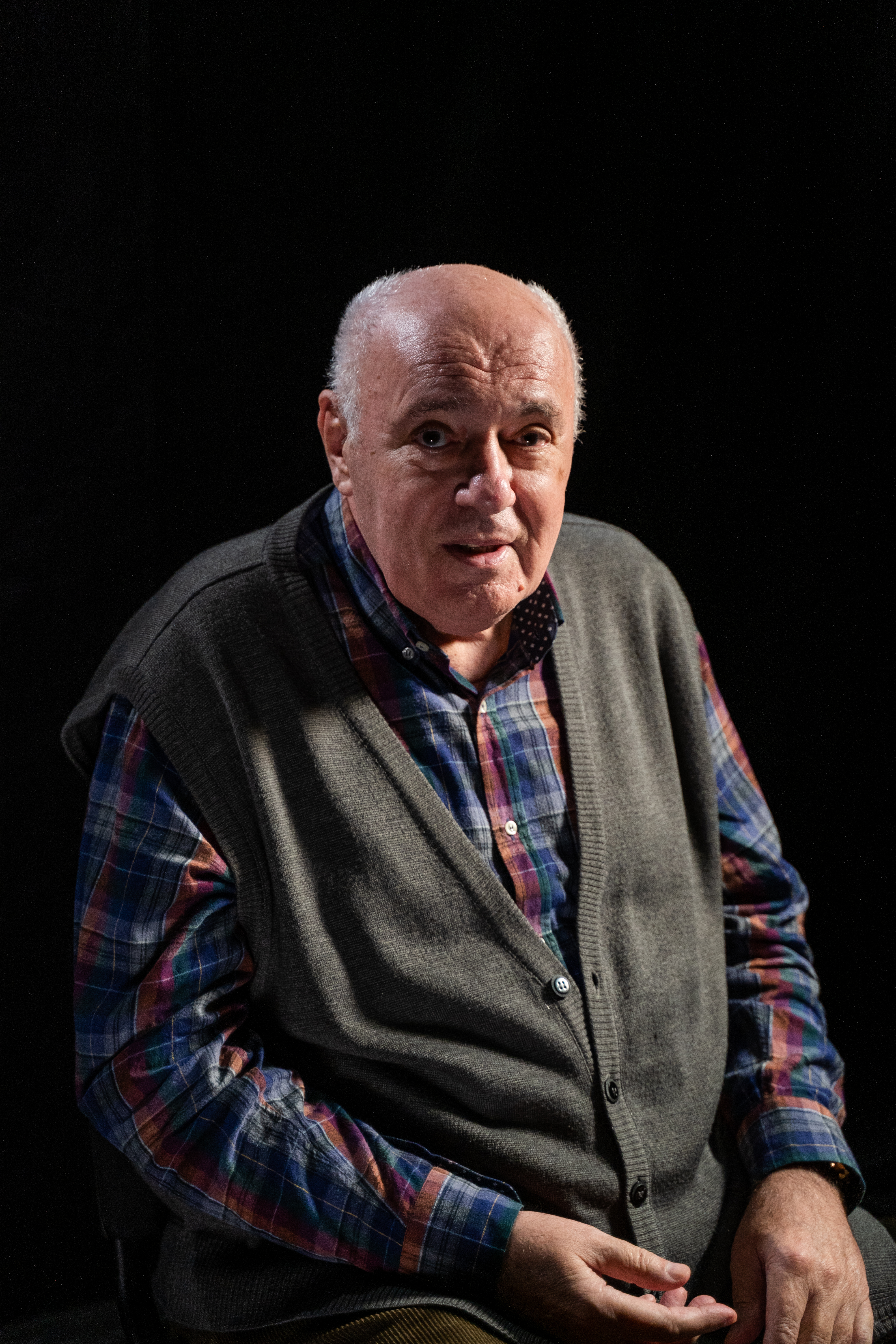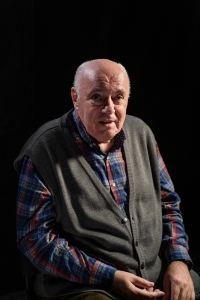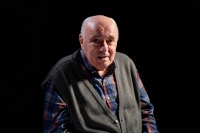The past is not self-service, we cannot take only what we like

Download image
Žarko Puhovski is a political scientist, philosopher, political analyst and human rights activist. He was born on December 15, 1946 in Zagreb. Until his retirement, he was a teacher, assistant, and then professor at the Faculty of Philosophy in Zagreb, at the Department of Philosophy. He taught philosophy and politics, politics and ethics and other practical philosophical disciplines. He also taught abroad, for several years he led the postgraduate course of Peace Studies in Austria. Apart from stays abroad, he has lived in Zagreb, where he still lives today. In addition to his professional engagements, he had a number of activist initiatives. He was the director of the Association for the Yugoslav Democratic Initiative (UJDI), the president of the Croatian Helsinki Committee for Human Rights and is nowadays a public advocate of RECOM in Croatia. His father comes from a family of Polish origin, and his maternal grandmother is a Hungarian Jew. His mother and father were leftist. During the Second World War, his father and his uncle were detained in the Jasenovac camp, because they helped the communist-partisan movement as illegals. Both were later released from the camp. During the Second World War, 14 members of the Puhovski family lost their lives. After the Second World War, Žarko Puhovski was involved in the Croatian Spring, but he did not support the dominant stream of students who demanded reforms. Later, after the collapse of the movement, he was a prosecution witness at a staged trial against the reformist-oriented students. At the end of the 1980s, he was one of the founders and members of the Association for the Yugoslav Democratic Initiative (UJDI), which aimed to preserve the Socialist Federal Republic of Yugoslavia from disintegration through internal reform. Today, Žarko Puhovski acts as a political analyst and human rights activist.

